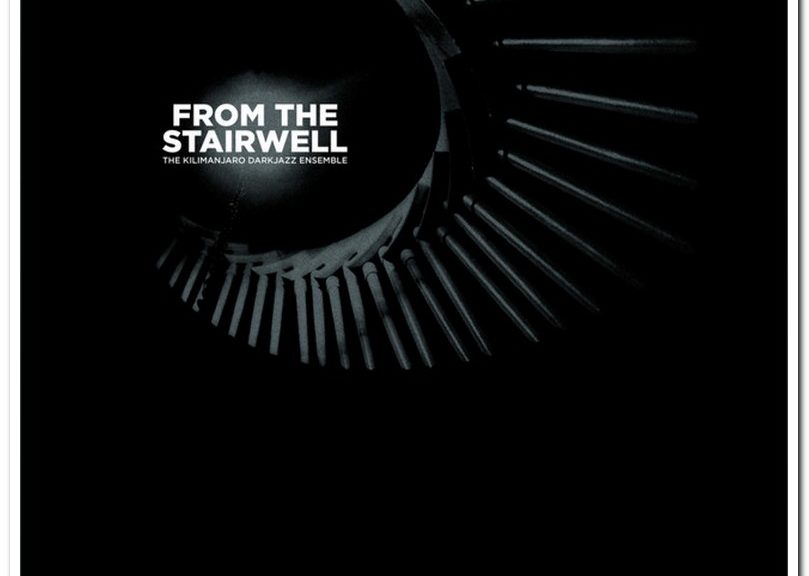I am listening to Bruce Springsteen’s “Springsteen on Broadway”, which I avoided for a long time, because I knew it is not “just” Springsteen and his music. When I first browsed and sampled the album, twice I landed at spots on the timeline, where and when Bruce is entertaining a laughing audience. I detest laughing audiences, since the days when TV shows started trying to induce such behavior on viewers, as a Pavlovian response. I feel so repudiated by mechanical forced laughing, that a few seconds of what I assumed was it, were enough for me to keep this album at a distance, for over one year. My mistake.
Today, I was fortunate to get distracted and let a Spotify playlist flow deep into the album. Indeed, if without context, landing at certain random moments of the monologue that Springsteen has with the audience before performing his “regular” music, one can question the moment’s purpose. However, the fault lies entirely on such lack of context, which does not happen in linear listening.
I got lucky and let the tracks play, and play. The feared monologue moments turned out to be precious insights on Bruce’s past. This is Springsteen sharing some relatively personal stories, from very young age.
I adored the “report” about when he, at age 7, got his hands on a 25 USD guitar that his family could not afford. Moreover, guitar lessons were “boring” and did not work; still he performed for the neighbors, doing everything with the guitar “except to play it”.
The golden passages are the ones about “how good he is” – this is a quote -, and you will have to listen to the tracks yourself, to understand why. Contrary to what the quote can suggest, these are humble passages, from a man that reached the summit. He understands the “imposter syndrome” and links it beautifully to the overall of his music – “never worked on a factory, yet it is all I ever wrote about”. Imposter he surely is not.








